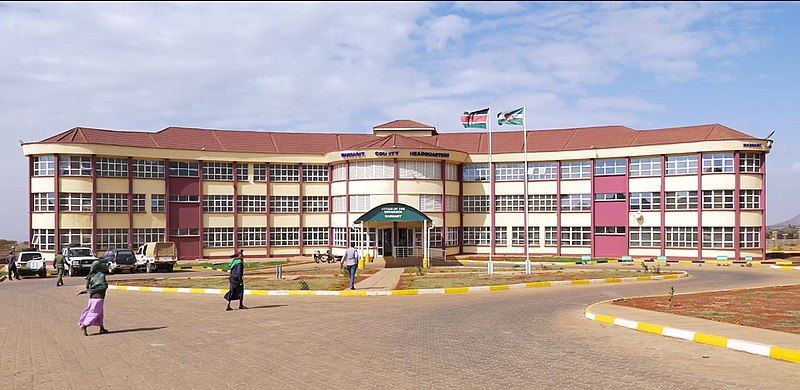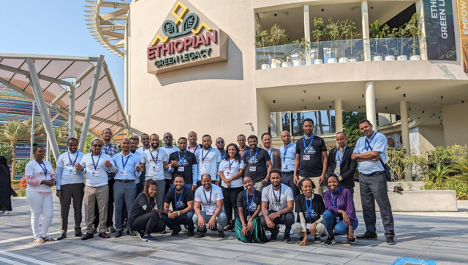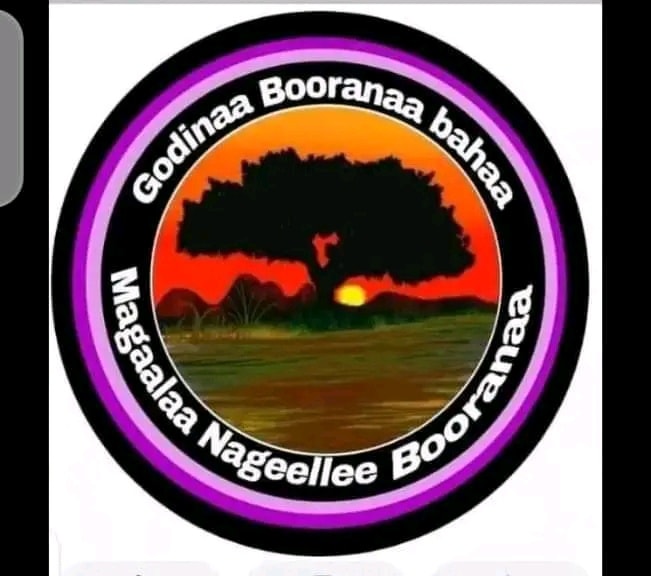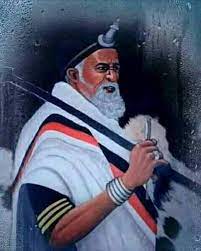
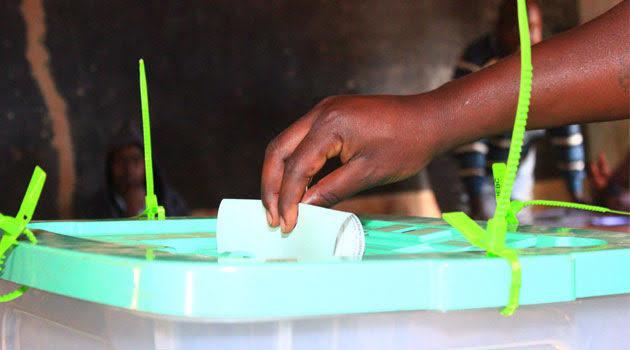
Globally, the role of autonomous indigenous systems of governance is becoming so vital in democratization and the local level governance. In some places, these institutions work in harmony with the government but sometimes it threatens the dominance of government, because they are, by design, independent, with specialised mandates and commitments and they usually challenge societal excesses, through merely their independent functioning. One such indigenous socio-political institution is our Borana Gadaa system.
Naturally, the Gadaa traditional system offers fundamental space where moral conducts are enforced, and social cohesion is strengthened. In summary, Gada is analogous to the role of our supreme court and among other duties; the Gadaa settles major disputes that could not have been resolved at the lower levels of its judicial organ. As such, any decision passed by the general assembly, the gumi gayo, is final and cannot be reversed by any other assembly.
The Borana Gadaa system, which is traditionally above the cut-and-thrust of the modern political fray, has come under withering scrutiny since 2013, when the two Borana Marsabit Gubernatorial contestants unusually procured their service and wisdom to separate them. Although the jurisdictional matter is far from their mandate, the Gadaa dignitaries held unprecedented meetings that led to acrimonious decision on the ill-fated race, when they cleared one candidate for the race. The elliptical comments on the day of the decision and pronouncement plunged the Gadaa into the murky water of Kenyan politics and by extension brought its century old reputation a notch lower.
One point of contention was truly the lack of Gadaa’s mandate, structure and powers to direct cross-border contemporary politics, which by character is chaotic, murky and hardly stand consensus driven decisions, unless for the party ‘favoured’ by their decision. Our contemporary politics in Kenya, use inertia as a tool to achieve political objectives while the Gadaa structure and decisions follow systematic, respectable and consensus based democratic values. The lack of basic structure to weed out possible contenders based on contestable attributes paved the way for push and pull and the emergence of the politics of ‘political favourite’. This resulted into unfortunate withering of the bloom off the Gadaa’s governance rose. Hailed until recently as uncontested big thing in traditional governance model, the Gadaa has lately been assailed by controversial news.
Our Gadaa egalitarian democratic institution seemingly did not learn from the political shenanigans of 2013. I see, they are again caught flatfooted as they walk into 2022 political race where many contestants are banking on their ‘clearance’ prior to the election day. In continuation of our ethos for thousands of years, the purpose of the Gadaa is to offer most neutral ground on which societal conflicts are resolved, tranquillity are maintained and prosperity safeguarded. Yet, the previous outcome and their engagement in 2022 politics has led to the Gadaa system take a beating from political manipulation and tainting, from which it will not easily recover.
Conflicting values of the Gadaa system and our contemporary politics
The Gadaa system was developed in more structured ways and in so doing more egalitarian in terms of quality decision-making processes, accountability to its subject, inclusiveness, and leadership development process. As such, the Gadaa values are based on multiple variables, including God’s value approach, truth-based, win-win approach, inclusivity, socially and spiritually guided, excellence-based leadership, among others. In contrast, our contemporary politics in Kenya is largely based on electoral law’s approach, win-lose approach, the winner takes all, exclusion, opportunistic, based on person or group interest, competitive in nature, divisive, majority driven, among others. Out of the values above, the most contrasting and that placed Gadaa at cross purpose is the contrasting system of political competition. While our contemporary political competition is couched on the cutthroat competition, personal vendetta, personal decisions, and determinations, which invariably exacerbates conflicts, hates, and hatred, in the Gadaa system, the competition is based on performance and excellence, keeping social and spiritual values and are very peaceful in nature.
As such, by shrewdly exporting our contemporary politics to Gadaa, we systematically compromised our autonomous indigenous institutions and hollowed it out through a combination of money and ‘gift’ politics, and the use of inertia to disembowel such autonomous bodies by relegating their decision, by tainting their otherwise wisdom-based decisions and in some cases blatantly appropriating them to serve specific political interest.
Political candidates come and go, our institutions are our foundation
The grave danger of such event is that the confidence of our society in autonomous bodies like the Gadaa will steadily erode and, in doing so, weaken the enduring pillars of our democracy and existence. Today, our community faces major challenges, and importantly our societal evolution will be undermined if the importation of our modern politics continues this dangerous path of eroding the pillars that have held up our system of existence for thousands of years.
It is worth noting that in 2016, the Gadaa system was inscribed by UNESCO to the list of the Intangible Cultural Heritage of Humanity. This has placed Gadaa on the global pedestal of exemplary governance. We are fortunate enough to have a globally recognized richest and oldest indigenous institution in the world. This is something we should be very proud about and celebrate.
Therefore, we need to fully embrace and safeguard our esteemed institutions from the vagaries of modern politics, and we should rather foster efforts to integrate its great values in our socio-economic wellbeing. To do this, we have two options, one option is to keep Gadaa completely out of our contemporary politics altogether and allow them to operate within its natural jurisdictions. The second is to push for modification of the Gadaa functions in future to embed structure to oversee our contemporary politics. For now, I advocate for the first option.
Dr Guyo Malicha Roba is a researcher and expert on African pastoralism and livestock development

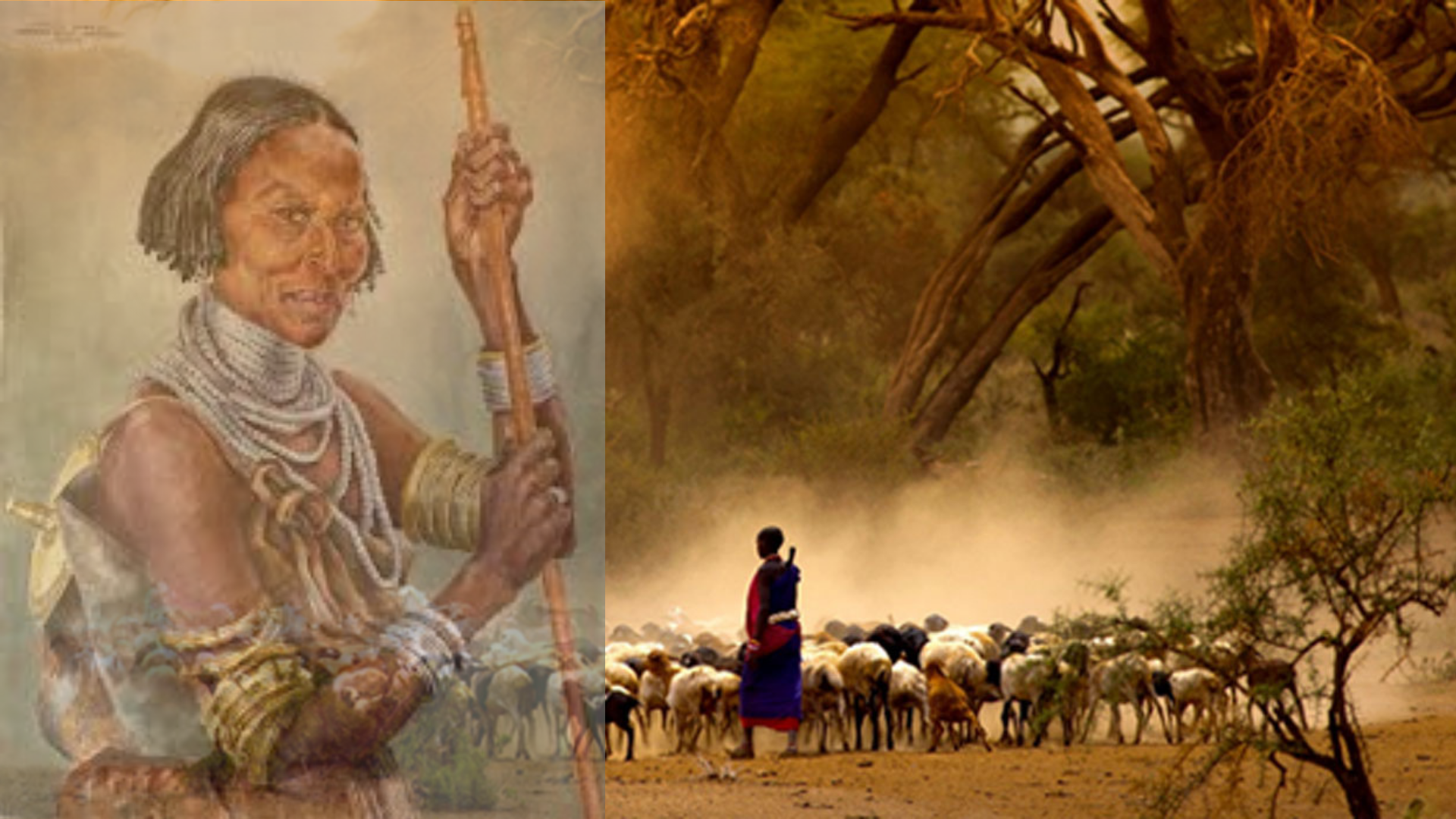 " alt="">
" alt="">

